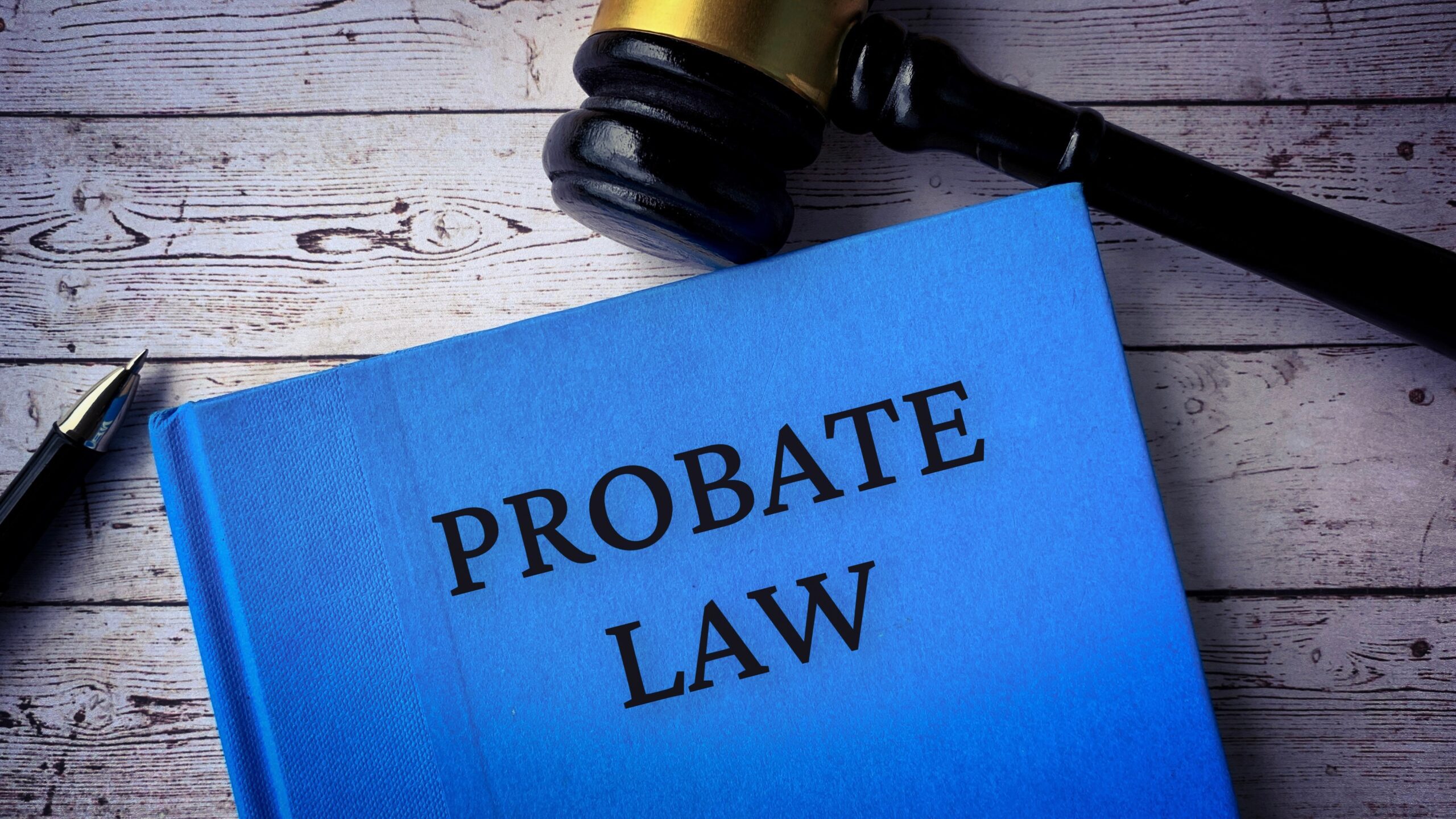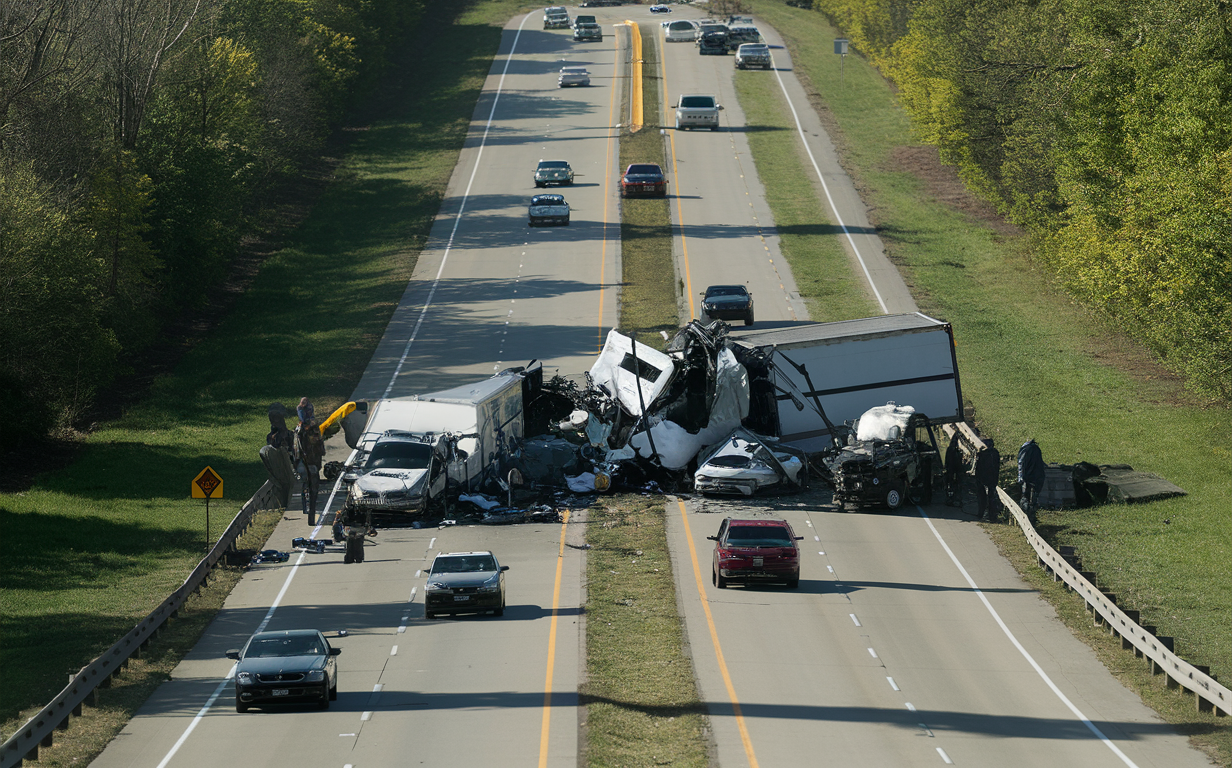
How Long Does Probate Take After a Death?
The loss of a loved one brings painful emotions and responsibilities. One such responsibility is the probate process, a necessary but often confusing step in settling the deceased’s affairs. One question that invariably comes up is, “How long will this take?” At Mihelich & Kavanaugh, PLC we understand the importance of clarity during such times. In this blog, our Macomb County probate attorneys break down the factors affecting probate timelines.
Michigan Probate Timeline
Knowing the different steps in the probate timeline can help you understand how long the process might take. In Michigan, the basic steps in the probate process are:
Petitioning the Probate Court
The probate process officially begins when the personal representative of the decedent’s estate files a petition with your local probate court. The personal representative is usually designated in the will, but if there isn’t one, the court will appoint an executor to oversee the next steps.
Alerting Family Members and Creditors
Next, the deceased’s heirs and creditors must be informed. Typically, this involves sending out written notices and may include publishing an announcement in a local newspaper. Creditors are given four months to file claims against the estate.
Cataloging What the Deceased Owned
An inventory of all assets in the estate must be made. “Assets” includes things like real estate, bank accounts, stocks, and personal belongings.
Settling Debts, Costs, and Tax Bills
The executor or personal representative must also resolve any debts, expenses, and taxes the estate owes. This can involve everything from paying utility bills to settling balances with creditors and filing tax returns and paying final income taxes.
Handing Out What’s Left to the Beneficiaries
After all the bills are paid, the remaining assets are distributed to the deceased’s heirs as outlined in their will or according to state law if the deceased had no will.
Closing the Estate
Finally, the executor or personal representative files paperwork with the court to formally close the estate, signifying that all tasks have been completed appropriately.
All told, this process can take no fewer than five months from the date of filing and will take longer for more complex estates.
Factors Affecting the Probate Timeline
Probate timelines can differ significantly from one estate to another. At Mihelich & Kavanaugh, PLC, we want to ensure you’re prepared for any scenario. Here are some factors that can influence the duration of the probate process in Michigan:
Size and Complexity of the Estate
The more assets there are to inventory, assess, and distribute, the longer the probate process will likely take.
Availability of a Valid Will
Having a legally sound will in place can expedite probate because it provides clear instructions for asset distribution. In contrast, dying without a will—known as dying intestate—can complicate matters and prolong the process.
Family Dynamics
Harmonious family relationships can make probate more straightforward. On the other hand, disputes among heirs can lead to legal battles, significantly delaying asset distribution and the closing of the estate.
Creditor Claims
If the deceased had significant debts or other financial obligations, creditors have a window of time to file claims against the estate. The more claims there are and the more complicated they are to resolve, the longer probate can take.
Tax Issues
Tax matters, like income tax or estate tax filings, can add extra layers of complexity. These often require careful calculation and can take time to resolve with tax agencies.
Contact Our Macomb County Probate Attorneys Today
The probate process is a maze of legal steps, timelines, and responsibilities that can be tough to manage on your own, especially during a time of grief. Mihelich & Kavanaugh, PLC is dedicated to guiding you through the probate process with the utmost professionalism and care. We’re here to help you understand what to expect and how to prepare so you can focus on what matters—honoring your loved one’s memory and caring for your family.
Don’t tackle the complexities of probate alone. Call (586) 776-1700 or complete our contact form for a free case review.





